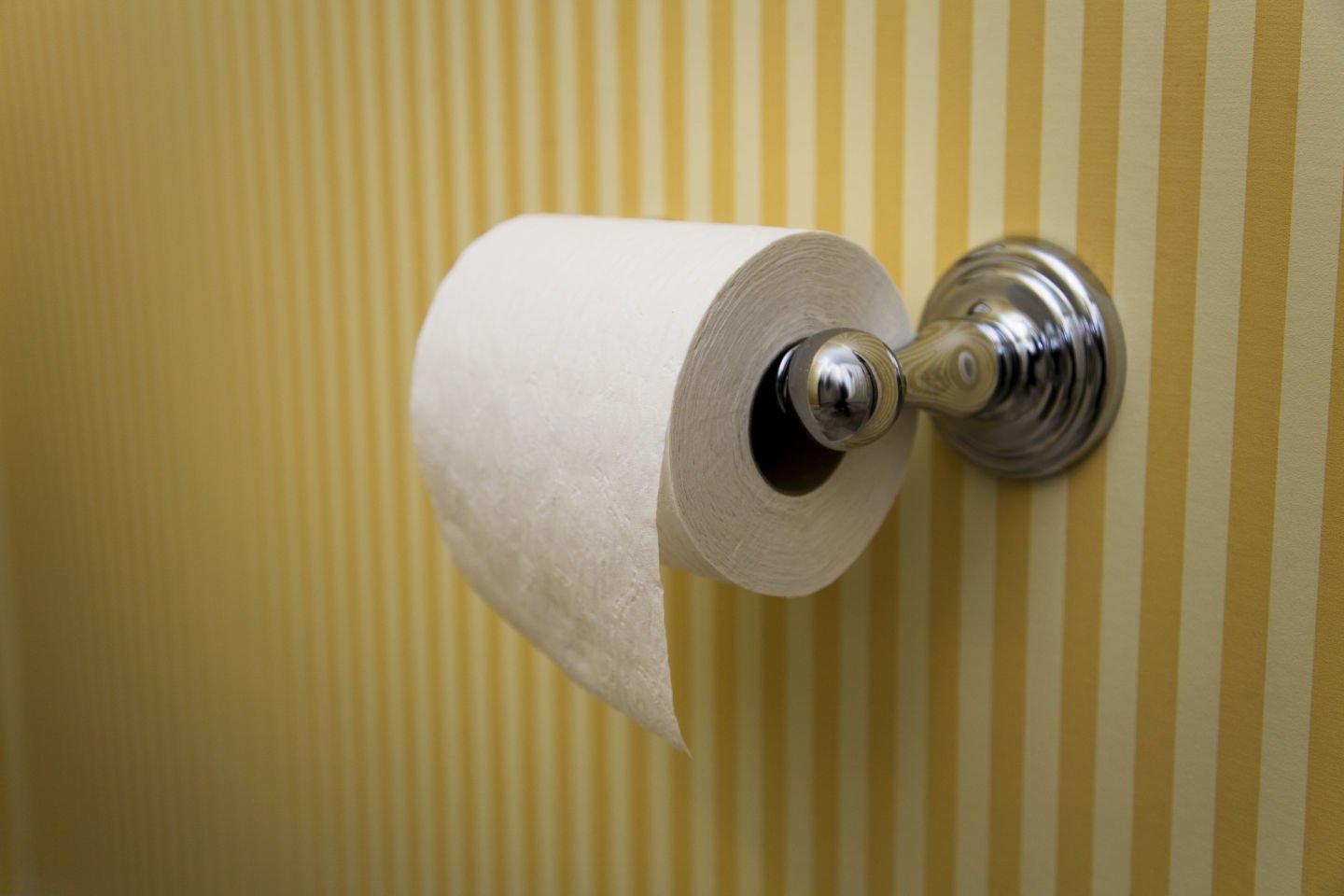Incontinence: who do you think is affected?
World Continence Week from 16 June aims to get people talking about incontinence and what to do about it.

A new report has found a surprising number of Australians, including older Australians, under-estimate the occurrence of incontinence – thinking it only affects old people and women who have given birth.
An estimated 2.4 million men and 4.8 million women live with some form of urinary or faecal incontinence, according to Continence Health Australia (CHA), costing the health system $2.6 billion, and $53 billion lost in productivity.
These are some of the findings CHA has released in the lead up of World Continence Week, which runs from 16-22 June.
One in four people experience some form of incontinence, affecting their personal wellbeing, social connection, and daily functioning.
CHA says despite its prevalence, many people do not seek help, often due to embarrassment, and quotes a recent report from Deloitte Access Economics, that reveals that while the financial costs are significant, the toll on personal wellbeing is even greater.
Many individuals face social and emotional challenges with feelings of shame and social isolation that can severely impact mental health.
Such embarrassment often prevents people from accessing support, worsening loneliness and depression – a hidden aspect of incontinence.
A recent consumer survey carried out by CHA showed that:
- 75% of participants believe incontinence only affects older people
- 63% think it is mostly experienced by women who have given birth
- 63% associate it solely with prostate issues in men.
These perceptions do not reflect reality, CHA says. In fact, 71% of people living with incontinence are under 65.
That makes it a national health “priority”, says Jim Cooper, CHA’s CEO.
“Investing in early intervention and access to support services is economically responsible. By supporting people to manage their continence health early, we can reduce long-term costs to the health system, ease the burden on carers, and most importantly, improve quality of life for millions of Australians.”
During World Continence Week, CHA calls on communities to “break the silence, challenge misconceptions and foster open conversations about continence health.”
Through education, awareness, and support, CHA is encouraging Australians to take continence health seriously, seek help early, and break the silence that surrounds this condition.
The Deloitte Access Economics report also projected that by 2032, the number of Australians living with some degree of incontinence will rise to 8.6 million, representing 34.1% of the population.
This increase is driven by the ageing population and underscores the need for proactive measures to manage the growing burden of incontinence on individuals and society.
More effort and investment are required to ensure that the impact of incontinence is better recorded, and support and treatment is made available for all Australians.
CHA’s National Continence Helpline is free and confidential and staffed by nurse continence specialists.
CHA says it’s a safe first step for anyone experiencing bladder or bowel concerns.
“We want all Australians to know they’re not alone and support is available with a simple telephone call.”
Consumers and health professionals can contact the Continence Health Australia Helpline on 1800 33 00 66 for free, confidential support and advice.
The helpline is available Monday to Friday from 8am to 8pm AEST and is staffed by nurse continence specialists offering expert information, guidance on managing symptoms, referrals to local services, and connections to support networks.
Urinary incontinence
A common form of incontinence is urinary incontinence, or poor bladder control.
Some people with urinary incontinence just leak urine occasionally when they sneeze, laugh, or exercise.
Others completely lose control of their bladder, so they wet themselves. Some people may need to visit the toilet very often or very suddenly.
Faecal incontinence
The other form of incontinence is faecal incontinence, or poor bowel control.
People with faecal incontinence defecate at the wrong time or in the wrong place. You might accidentally pass wind or stain your underwear.
If you are worried a health condition might be causing your incontinence, check out your symptoms on Healthdirect’s Symptom Checker, which can be found here.
For more information, advice and practical resources, visit Continence Health Australia.
Related reading: CHA, Healthdirect




